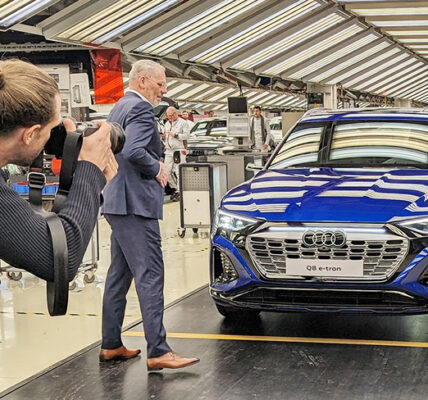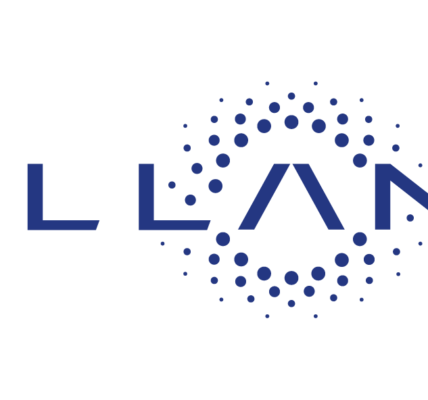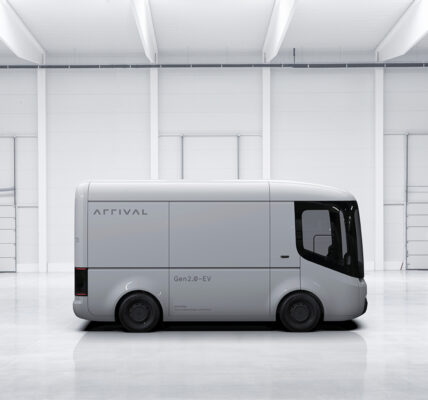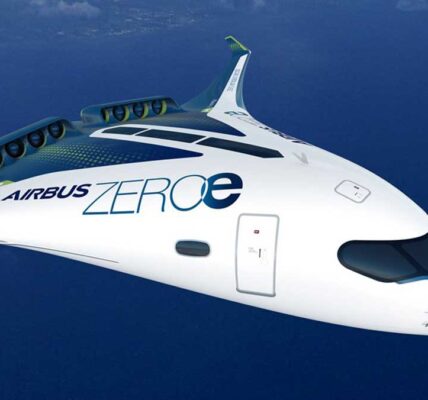Honda is expanding its partnership in Europe with the French recycling specialist SNAM. In future, SNAM will collect batteries from Honda dealers and authorised recycling facilities in 22 countries and test them for their suitability for recycling and further processing.
The agreement provides for the recycling of old lithium-ion and nickel-metal hydride batteries that were previously used in the hybrid and electric vehicles of the Japanese. As Honda states in a press release, the spent batteries will be prepared for a “second life” as a storage medium for renewable energy. If reuse is not possible, valuable materials would be recovered from the batteries and recycled, the company continues.
Honda and SNAM – short for Société Nouvelle d’Affinage des Métaux – have been working since 2013 on solutions for the traceability and disposal of spent batteries that are compatible with the environmental standards of the European Union. Specifically, after collecting the discarded battery packs, SNAM checks which ones are suitable for use in new energy storage devices and prepares them for domestic or industrial applications. The company uses hydrometallurgical processes to extract raw materials such as cobalt or lithium from unsuitable old batteries, as well as materials such as copper, metal and plastics.
In the course of their cooperation, Honda and SNAM are also devoting themselves to the sounding out of battery design optimizations in order to make the further processing of the batteries at the end of their life cycle as sustainable as possible. SNAM was originally founded in the early 1980s as an offshoot of the iron and steel industry, but over the years has developed a reputation as a broad-based player in the recycling industry. There are also cooperations with Peugeot and Citroën, BMW Group France and Volkswagen Group France as well as Toyota, among others. The development of ever more sophisticated recycling processes for batteries from electric cars is currently occupying companies around the globe. If secondary use is no longer possible, spent batteries are increasingly being used as a secondary source for critical battery materials. The business is developing rapidly: As recently as March, Canada’s recycling company Li-Cycleannounced that it had made its first commercial delivery of recycled battery materials. Shortly before, Fortum, BASF and Nornickel had announced a joint initiative to recover valuable metals from lithium-ion batteries. Eramet, BASF and SUEZ as well as Audi and Umicore are pursuing similar projects. These are just a few of the projects initiated in the last six months, while several others have started in parallel or have been running for some time.







